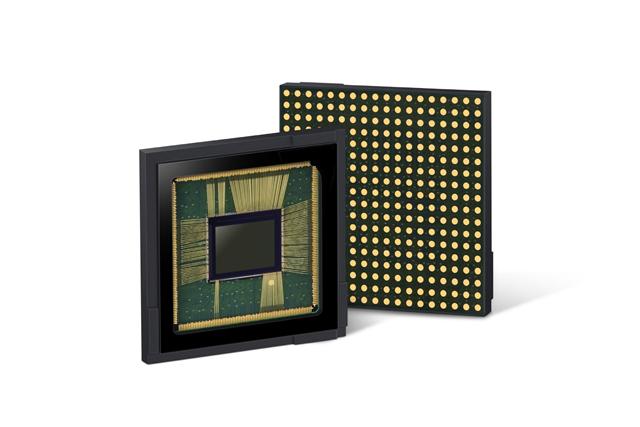
Samsung Electronics has introduced two new ISOCELL image sensors: 1.28-micrometer 12-megapixel ISOCELL Fast 2L9 with Dual Pixel technology, and ultra-small 0.9-microemter 24-megapixel ISOCELL Slim 2X7 with Tetracell technology.
Samsung ISOCELL image sensors fall into four categories - Fast, Slim, Bright and Dual - depending on their key attributes, according to the vendor. As market demand for sleeker smartphones with advanced features increases, ISOCELL Fast 2L9 and Slim 2X7 both offer high resolution image sensors in small chip packages, delivering detailed pictures in low-light environments without a camera bump.
Samsung ISOCELL Fast 2L9 and ISOCELL Slim 2X7 are new image sensors that fully utilize Samsung's advanced pixel technology, and are highly versatile as they can be placed in both front and rear of a smartphone, according to the company.
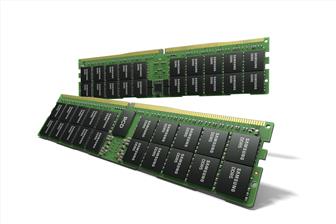
Samsung HKMG DDR5
Samsung Electronics has expanded its DDR5 DRAM memory portfolio with a 512GB DDR5 module...
Photo: Company
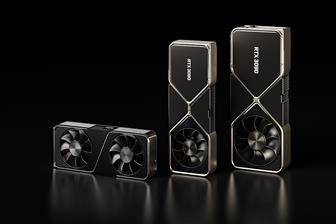
Nvidia GeForce RTX 30 series GPUs
Nvidia's GeForce RTX 30 series GPUs are powered by the company's Ampere architecture. The...
Photo: Company
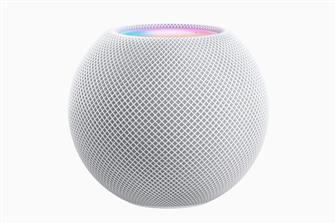
Apple HomePod mini
Apple's HomePod mini is the newest addition to the HomePod family. At just 3.3 inches tall,...
Photo: Company
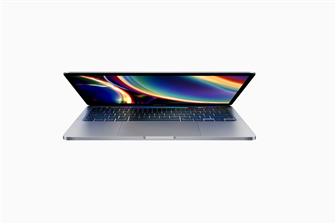
Apple 13-inch MacBook Pro with Magic Keyboard
Apple has updated the 13-inch MacBook Pro with the new Magic Keyboard for an improved typing...
Photo: Company

Apple iPad Pros
Apple's new iPad Pros comes with the latest A12Z Bionic chip, an ultra-wide camera, studio-quality...
Photo: Company
- Luc Van den hove: Aim high, be ambitious, but stay humble (Dec 19) - EE Times
- Intel shortlists suitors for programmable chip arm Altera (Dec 20) - Bloomberg
- South Korean president declares martial law (Dec 3) - The Financial Times
- China dials up US trade tension with tit-for-tat metals ban (Dec 3) - Bloomberg
- Silicon photonics set for takeoff (Oct 30) - EE Times
- TikTok founder becomes China's richest man (Nov 1) - BBC News
- Nvidia to take Intel's spot on Dow Jones Industrial Average (Nov 1) - Reuters
- Huawei's latest AI processors were made by TSMC (Oct 22) - Bloomberg
![]() South Korea's FuriosaAI takes on global AI chip race with 'RNGD'
South Korea's FuriosaAI takes on global AI chip race with 'RNGD'FuriosaAI, a Seoul-based AI chip startup founded in 2017, is making waves in the AI hardware market...
![]() TASTI 2024
TASTI 2024From groundbreaking satellite advancements to international collaboration on space exploration, DIGITIMES Asia delivers comprehensive coverage of TASTI...

CSP in-house development of ASIC accelerators
Google TPUs will see a share of over 70% in the in-house developed cloud ASIC accelerator market in 2024; an all-optical network...

AI chip market outlook 2023-2028: Insights from demand and supply perspectives
The growing demand for AI computational power is accelerating advancements in hardware and chip technology, necessitating innovation...

Automotive CIS tech development, 2024
The popularization of autonomous driving is boosting demand for automotive CIS with LFM and HDR being mainstream development...






